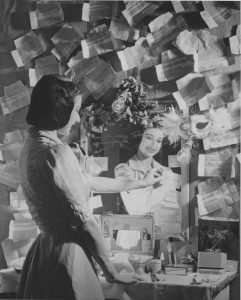Robert Long Interview
This week I’ve been speaking to Robert Long whose printed music is available on the website. His knowledge of the art is boundless and has some great insight into our profession. Over the next few days you shall hear his thoughts.
Karen: Ive noticed in all the decades Ive been playing that the basic format of Ballet class has not essentially changed. I know you too have been playing for a long time in dance studios. Have you changed your musical approach or methodology in Class?
Robert:As the years went by, I was working more for syllabus classes and less for open classes, so there was not a lot of change in methodology for me. For what little open work I was doing, I found I was a bit more willing and less afraid of improvising on the spot, if I couldn’t think of a suitable piece to play. I also began to bring lists of selections categorized under headings such as 3/4 adagio, grand allegro waltz, 4/4 moderate, etc. Beyond that, I just hoped for the best.
Karen: I think that is why Scottish Ballet teamed up with the Royal Conservatoire of Scotland now 14 years back! Too many musicians were ‘hoping for the best’ and could really be in the firing line if their music was not completely right for Class. The Piano for Dance Masters course addressed that. I’ve worked tirelessly to create a model where young musicians can learn a methodology whilst keeping their Musical Instincts alive!

Margot Fonteyn in her dressing room. Ballet Class may not have changed radically but the choreography certainly has!
